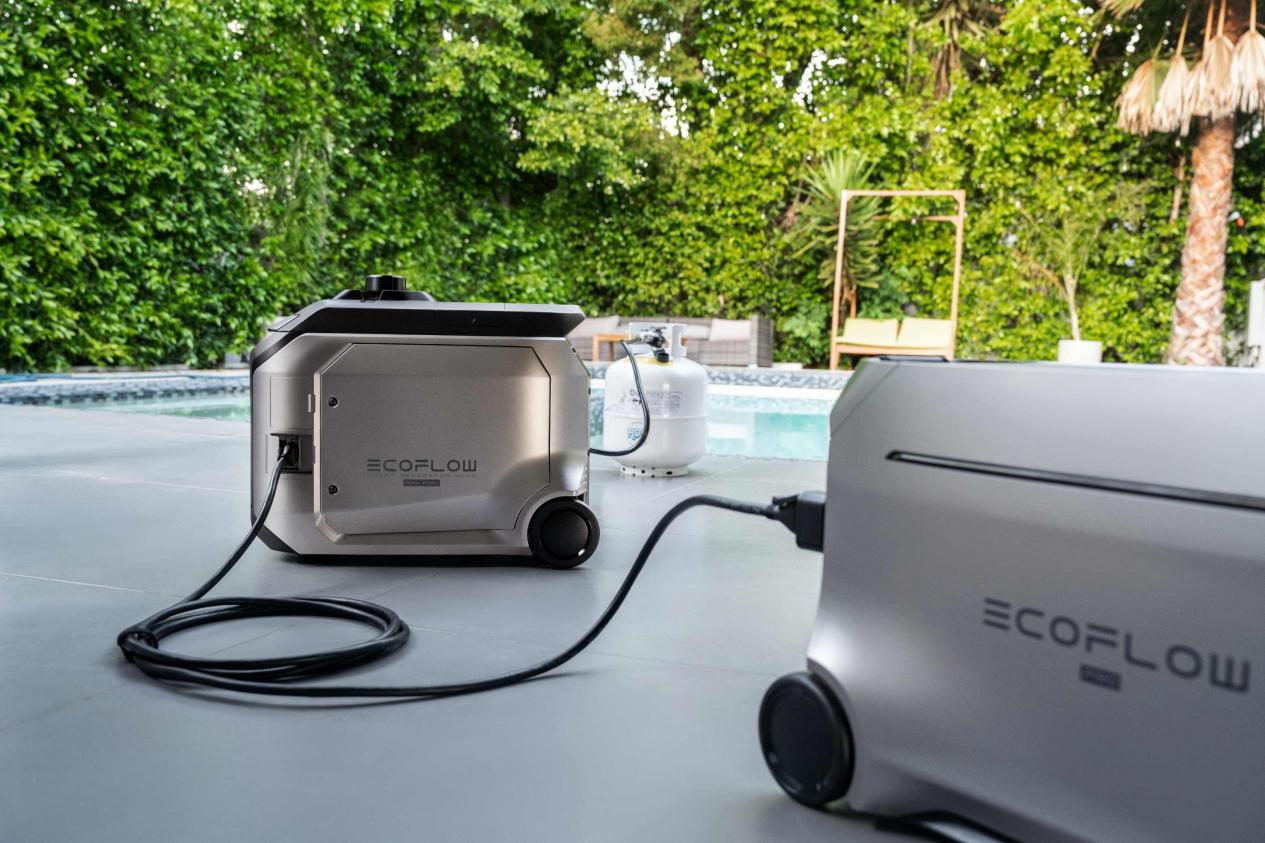The Long-Term RV Park Handbook: Finding Community While Staying Mobile
- Essential Features of Long-Term RV Parks
- Security for Peace of Mind
- Storage Solutions for Extended Living
- Pet-Friendly Considerations
- Who Thrives in Long-Term RV Communities?
- Building Community in Long-Term Parks
- Balancing the Benefits and Challenges
- Strategies for Successful Long-Term Stays
- FAQs about Long-Term RV Park
The RV life is a balance of freedom, simplicity, and adventure. For others, months-long or season-long stays in RV parks is the ideal compromise between nomadic travel and having the comforts of home. Long-term RV parks cater specifically to travelers seeking to settle in one location for months or seasons, offering enhanced amenities and a sense of community not found in overnight stops.
Essential Features of Long-Term RV Parks
Core Infrastructure
The foundation of any decent long-term RV park begins with stable utilities. Full hookups provide constant access to water, electricity (typically 30/50 amp service), and sewage hookups. Short-term campgrounds usually do not provide these services in monthly rates but charge per use. For long-term RV living that demands reliable power for comfort and convenience, the EcoFlow DELTA Pro Ultra offers a robust and expandable solution as solar generators and home battery backups.
Internet access is no longer a luxury but a necessity. Most established long-term parks offer stable Wi-Fi throughout the grounds, and some even offer dedicated wired connections to be made available. This availability is particularly significant for remote workers and those who have online connections with family.
Day-to-Day Convenience Facilities
Laundry rooms are one of the most prized amenities for long-term residents. Clean washers and dryers eliminate the need to search for laundromats in unvisited areas. The best parks have clean machines with reasonable prices and late hours for convenience.
While RVs do have bathrooms, park shower and restroom facilities are a welcome amenity, especially for smaller trailers or when maintenance issues arise. They are more roomy and typically feature unlimited hot water—a nicety in the RV world. These facilities' quality often reflects their overall standards in the park.
Recreational Spaces
Long-term parks distinguish themselves through the offering of amenities that enhance quality of life beyond needs. Pools provide exercise and social space during warm weather. Fitness centers allow residents to maintain wellness routines while away, and game rooms and community centers foster relationships through collaborative endeavors. Most parks feature walking paths that encourage outdoor activity and exploration of the property. Designated picnic areas with grills are perfect settings for outdoor parties and impromptu social gatherings among neighbors.
Security for Peace of Mind
When establishing a semi-permanent residence, security becomes a significant consideration. Quality long-term parks implement various measures:
Gated entrances with key card or code access
Regular security patrols, especially during evening hours
Proper lighting throughout common areas and roadways
Camera systems in strategic locations
On-site management with emergency procedures
These measures protect not only residents and their property but also create the sense of safety necessary for a comfortable long-term stay. Many RV enthusiasts also install home battery backups as an additional security measure, ensuring critical systems remain operational during power outages or emergencies.

Storage Solutions for Extended Living
Living in an RV long-term requires thoughtful space management. Many parks address this challenge by offering:
Dedicated storage lots for tow vehicles or extra cars
Secure storage units for seasonal items
Covered storage for boats or additional recreational vehicles
Creating an effortless living environment within your limited RV space transforms the daily experience, making even long-term stays comfortable and stress-free. Within your RV, maximizing limited space becomes an ongoing practice. Vacuum bags for compressing off-season clothing, under-bed storage containers, and multi-purpose furniture help maintain organization without sacrificing comfort.
Pet-Friendly Considerations
Few RVers do not travel with animal companions, so pet policies are a significant concern. Larger parks tend to have more comprehensive pet facilities than overnight stops. Off-leash dog parks complete with agility courses, designated walking trails, and pet showers show a park's commitment to four-legged guests.
Most parks have fair restrictions on breed, quantity, and leashing. Before agreeing to a longer visit, check that the park's pet rules fit your situation and your pet's personality.
Who Thrives in Long-Term RV Communities?
Retirement Redefined
The traditional image of RV parks as retiree havens remains partially true. Many seniors choose this lifestyle to:
- Follow favorable weather patterns (snowbirds)
- Reduce housing costs while maximizing retirement funds
- Maintain independence while enjoying community support
- Stay physically active through travel and outdoor activities
The New Remote Workforce
The rise of remote work has transformed the demographics of long-term RV living. Working professionals increasingly choose this lifestyle to:
Eliminate commutes while experiencing new locations
Reduce housing costs in expensive metropolitan areas
Create healthier work-life boundaries
Combine career advancement with travel opportunities
High-speed internet and dedicated workspaces have become expected amenities as parks adapt to this growing demographic.
Exploration Enthusiasts
For some, long-term stays serve as base camps for thoroughly exploring regions. Extended stays allow travelers to:
- Discover hidden local attractions beyond tourist highlights
- Develop relationships with local communities
- Experience seasonal changes in favorite destinations
- Travel at a sustainable pace that prevents burnout
Building Community in Long-Term Parks
Organize Social Activities
Social life in long-term RV parks develops through both formal and informal channels. Many parks have activity directors on their payroll, and they organize a variety of community activities. Regular weekly potlucks and holiday celebrations offer frequent opportunities for socializing. Craft classes, workshops, and tournaments cater to specific interests while facilitating skill-sharing. Movie nights at the community center provide entertainment without ever leaving the grounds, and organized local excursions help residents discover local points of interest with their new neighbors. These activities provide opportunity for connection naturally without invading residents' independence. The best communities strike a balance between scheduled events and free interaction.
Create Meaningful Connections
One of the greatest advantages of extended RV park stays is being able to form more meaningful connections with fellow travelers. Unlike short visits to campgrounds, long-term parks allow time for friendships to naturally develop and become more profound. Understanding the differences between RVs and campers can help you choose the right vehicle for these extended social adventures.
The RV lifestyle attracts people from every walk of life who hold similar values—freedom, simplicity, and adventure. For most residents, their social lives expand in both unexpected and enriching ways. Parks that design their layouts with community in mind—placing sites near common areas rather than isolation—allow for these connections to happen.
Balancing the Benefits and Challenges
Advantages of Long-Term RV Living
The financial benefits of the lifestyle can be significant. RV park monthly rates typically range from $400-$1200 depending on location and amenities—much lower than conventional housing in most areas. Utility bills are typically included, further reducing monthly expenses.
The freedom of movement without attachments to property provides practical as well as psychological independence. Chase job markets, follow ideal weather, or change for change - long-term RVers enjoy mobility that traditional living cannot provide.
Constraints of space present the most physical constraint. Belongings management strategies and discipline accompany long-term living. While many see this constraint ultimately freeing, shortening the transition time is necessary.
Maintenance necessitates constant care within the RV way of life. Systems that spend most of the time inactive on intermittent usage necessitate keen watchfulness on lengthy stays. Precautionary maintenance becomes more necessary than convenient.
Strategies for Successful Long-Term Stays
Research Methodology
Thorough research before commitment saves considerable stress. Beyond online reviews, speaking directly with current residents provides invaluable insight. Many parks offer trial stays before committing to longer terms—an opportunity worth utilizing.
When engaging with current residents, ask about the reliability of utilities, especially during peak usage periods. Inquire about management's responsiveness to maintenance issues, as this can significantly impact quality of life. Understanding the community atmosphere helps determine compatibility with your social preferences. Also valuable is learning about any unwritten rules or expectations that might not appear in official documentation but affect daily life in the community.
Financial Planning
Budgeting for long-term RV living differs from vacation planning. Monthly expenses typically include:
- Site rental (often with discounts for longer commitments)
- Propane refills
- RV maintenance fund
- Vehicle maintenance
- Insurance (RV, vehicle, health)
- Entertainment and activities
Many parks offer significant discounts for seasonal or annual commitments, sometimes reducing monthly costs by 25-40% compared to short-term rates.

Preparing Your Home on Wheels
Weatherizing becomes essential for extended stays, particularly in regions with temperature extremes. Proper insulation, skirting in cold climates, and shade solutions for hot weather significantly improve comfort and energy efficiency.
Storage systems that maintain organization while allowing easy access to necessities make daily life more pleasant. The investment in quality storage solutions pays dividends in reduced frustration and improved livability.
Before embarking on any extended RV journey, it's essential to follow a comprehensive preparation checklist to ensure you have all necessary supplies and equipment.
FAQs about Long-Term RV Park
Q1: What is the typical cost of living in a long-term RV park?
A: The cost of living long-term in an RV park generally ranges from 400to400 to 400to1200 a month. This figure can shift based on where it's located. Parks in desirable spots often cost more. Also, fancy amenities like pools or clubhouses can bump up the price. Finally, expect to pay more during popular travel seasons.
Q2: How do I maintain my RV in good shape on extended stays?
A: Keeping an RV in tip-top shape during longer stays requires a bit of planning. Set up a regular maintenance schedule to check all the systems. Give the seals a good once-over to prevent leaks. Also, test the appliances to make sure they are running smoothly. Many long-term RV parks often have on-site service technicians who can help with repairs if needed. You can usually book an appointment with them.
Q3: Are there time limits on how long I can stay at an RV park?
A: RV park stay limits? It really depends! Some parks might cap stays at six months annually. This is often due to local zoning laws. On the other hand, some parks allow year-round living. These usually offer yearly leases. Always check the specific park's policies before settling in for a longer period to avoid any surprises.
Q4: Can kids reside full-time in RV parks?
A: Some RV parks allow children to reside full-time. Family-friendly parks often offer amenities like playgrounds and organized activities. However, other parks cater to adults. Always verify the park's specific rules and regulations regarding children before planning an extended stay.
Q5: What are some basic rules or regulations of RV parks?
A: Standard regulations include quiet hours, speed limits, pet policies, and appearance regulations for RVs and sites. Most extended stays also have other rules in place regarding outdoor storage, decorations, and guest restrictions.
For press requests or interview opportunities, reach out to our media team
media.na@ecoflow.com